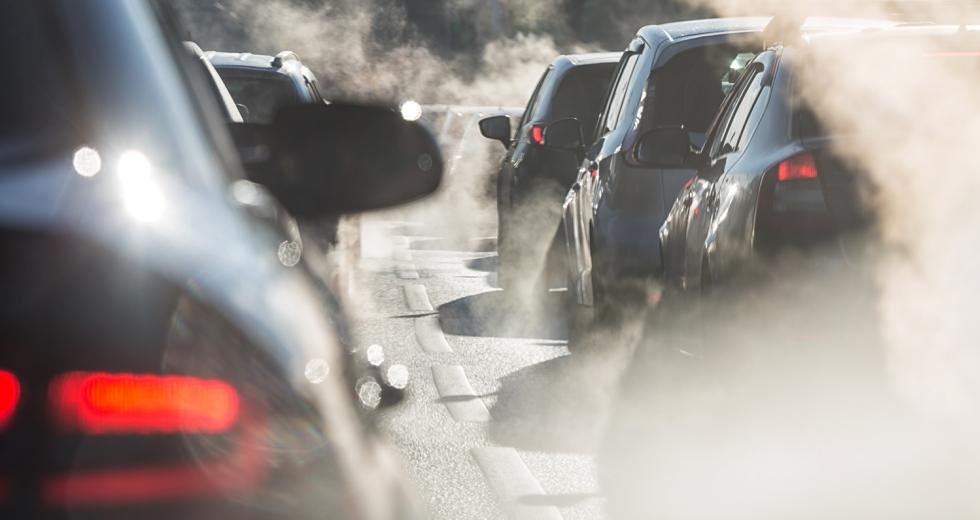Gov. Jerry Brown criticized a U.S. Senate bill that aims to simplify auto efficiency standards, warning the measure represents a step toward decimating requirements that manufacturers produce cleaner cars.
Legislation introduced last Thursday by Missouri Republican Roy Blunt would align the differing approaches that separate U.S. agencies take to regulating fuel mileage and carbon emissions. Sponsors include Michigan Democrat Debbie Stabenow.
California countered America’s worst smog by writing its own clean-air rules starting in 1970 and has vowed to remain a bulwark against the deregulation President Donald Trump has promised the auto industry. Brown, a Democrat, said in an interview on May 26 that the Senate bill bolsters carmakers’ efforts to avoid billions of dollars in penalties for failing to reach efficiency goals.
“It’s of the nature of salami tactics,” Brown said by phone. “They’ll try to take a slice, and if they get away with it, they’ll take another slice and another slice until they really gut the current regime to reduce greenhouse gases and improve fuel efficiency.”
The National Highway Traffic Safety Administration regulates fuel economy of U.S. cars and trucks as a matter of energy independence. The Environmental Protection Agency, meanwhile, oversees the carbon emissions of vehicles to curb the effects of human-made climate change.
The agencies are reexamining their rules as part of a midterm review of standards set by former President Barack Obama that aim to boost the average fuel economy of each automaker’s fleet to about 50.8 miles per gallon by 2025, up from 30.3 mpg this year. Trump reinstated the review in March, nullifying an EPA determination during the final days of the Obama administration that the requirements were feasible.
One Standard
Dissonance between the overlapping rules could result in heavy fines from NHTSA even if companies comply with the EPA’s standards, the Alliance of Automobile Manufacturers said Thursday in a statement. Consumers ultimately wind up paying for the overlap through higher sticker prices, according to the alliance, whose members include General Motors, Toyota Motor and Volkswagen.
“This bill gets us closer to one national fuel economy standard program that meets the goals of both the NHTSA and EPA programs in a less costly, more efficient way,” says Blunt, in a statement on his website.
The Senate bill would enable automakers to earn more credits for introducing aerodynamic designs that reduce fuel consumption, or new technologies like air conditioners that release fewer or safer chemicals into the atmosphere. Carmakers also would have more time to accumulate such credits and apply them against emissions or fuel requirements for vehicles they’re delivering to consumers.
Brown said he’ll accept an invitation from EPA Administrator Scott Pruitt to discuss future fuel economy and emissions rules. He said he plans to tell Pruitt that climate change is an existential threat causing rising sea levels and forest fires.
“This measure of so-called harmonization is, more than anything else, perfume to cover the odorous maneuver on which they’ve now embarked,” Brown says.



